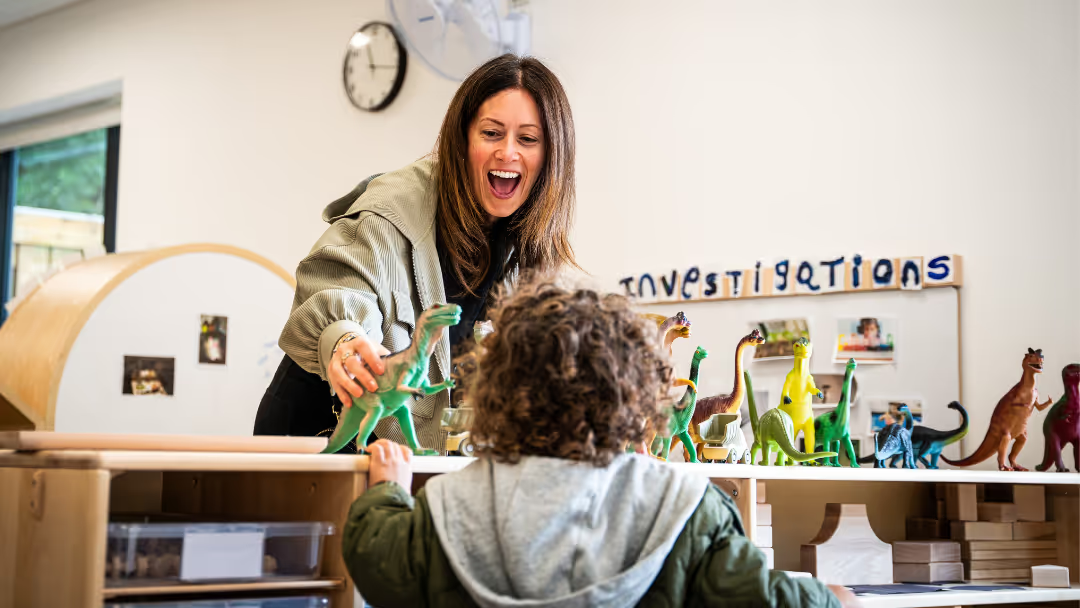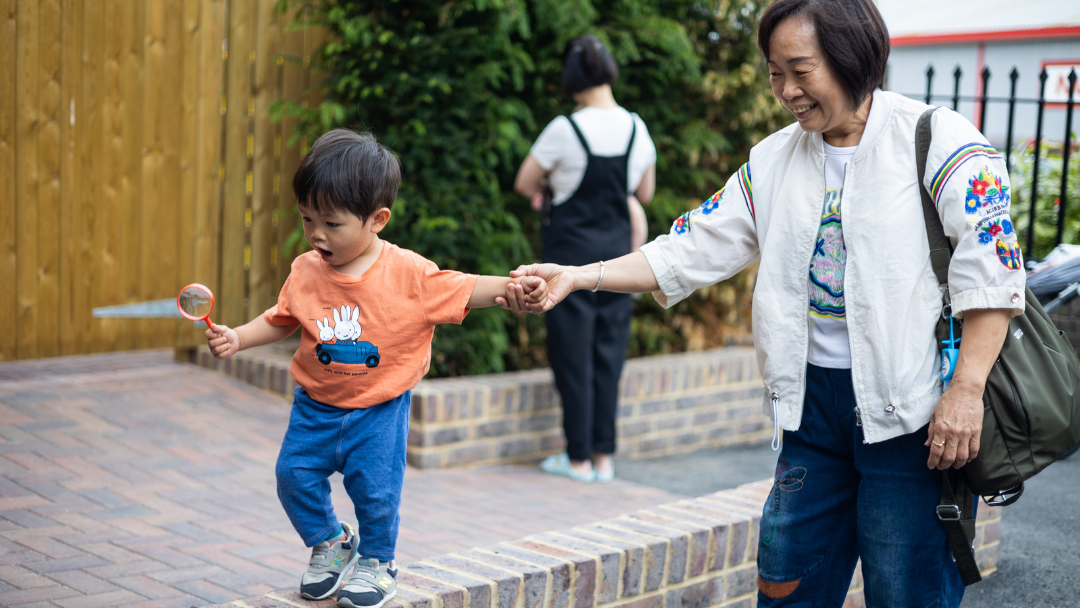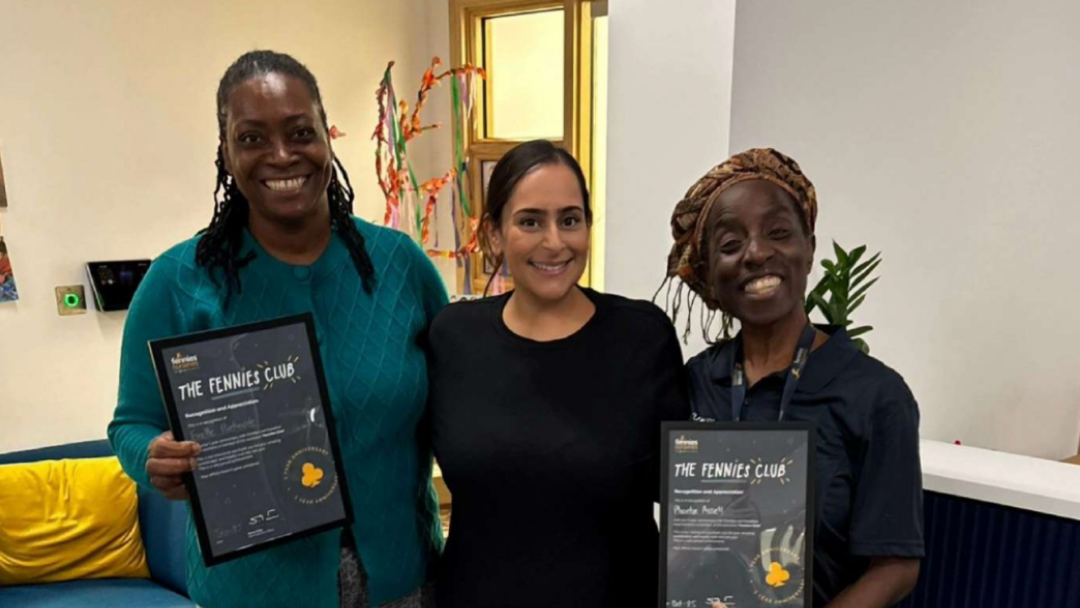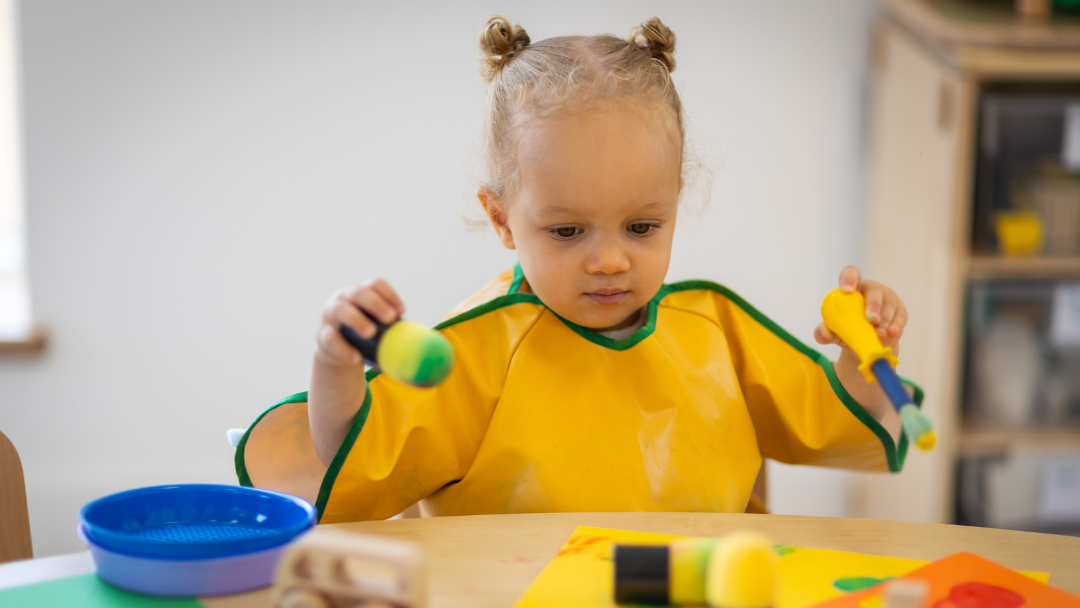Here are some impactful strategies for communication and why they are vital for children's growth.
Effective communication between parents and early years educators plays a pivotal role in a child's development. The collaboration between home and educational environments creates a nurturing space that promotes holistic growth. Here are some impactful strategies for communication and why they are vital for children's growth.
Communication acts as a bridge connecting the two primary spheres influencing a child's life: home and nursery. When parents and educators establish open lines of communication, they create a unified support system that reinforces consistent values and practices. This unity instils a sense of security and trust in children, knowing that their caregivers are working together for their well-being.
Children thrive in environments where there's coherence between their home and educational settings. This collaboration minimises confusion and stress, allowing them to focus on learning and exploration.
Here I explore strategies for effective communication between children and caregivers and the impact these have on children

- Active Listening and Responsive Communication
Both parents and educators must actively listen to children's thoughts, concerns, and experiences. Encouraging them to express themselves without fear of judgment or dismissal builds their confidence. Responsive communication—acknowledging their feelings and ideas—promotes a sense of validation, promoting further engagement.
This approach nurtures a child's sense of self-worth and teaches them the importance of respectful dialogue. It also aids in developing their language and social skills.

- Talk and Read Together
Equipping children with a rich and expansive vocabulary significantly enhances their capacity to articulate and convey their thoughts and emotions effectively. Engaging in meaningful conversations, sharing narratives, and engaging in joint reading sessions play pivotal roles in the development of a child's linguistic repertoire. These interactions not only expose children to a diverse range of words but also provide context for their usage, reinforcing comprehension and application. As children acquire the linguistic tools to express themselves with precision, they feel empowered which results in a heightened confidence in their communication skills.
- Consistency in Approach
Consistency is key. When parents and educators employ similar strategies for behaviour management, learning, and emotional support, it creates a sense of predictability for children. They feel secure when they know what to expect across different environments. Consistency aids in reinforcing positive behaviours and learning outcomes. Children are more likely to adapt positively to changes and challenges when they have a consistent framework to rely on.

- Sharing Information and Progress Updates
Regular communication regarding a child's progress, achievements, and challenges is crucial. Parents and educators exchanging information about a child's learning journey helps identify areas needing additional support or stimulation.
This exchange of information ensures a holistic understanding of the child's development. It allows for tailored support strategies, ensuring that both home and educational settings are aligned with the child's needs.
Effective communication has a profound impact on children’s growth. A supportive environment established through effective communication aids in emotional regulation and empathy. Children learn to express themselves and understand others' emotions better, fostering healthier relationships.
Consistent and engaging communication stimulates cognitive development. It encourages curiosity, critical thinking, and problem-solving skills, laying the groundwork for academic success. When parents and educators are consistent and collaborate, children learn valuable social skills through observation and practice. A confident and socially adept child is better equipped to navigate the complexities of the world around them.
Effective communication between parents, early years educators and children is more than just sharing information; it's a foundation for a child's growth. By implementing these strategies and maintaining an open and collaborative approach, caregivers create a nurturing environment that empowers children to thrive academically, emotionally, and socially. Investing in these simple effective communication strategies today lays the foundation for a brighter and more fulfilling future for our children.
FAQ
Subscribe to our newsletter
Stay up to date with Fennies news







.png)


